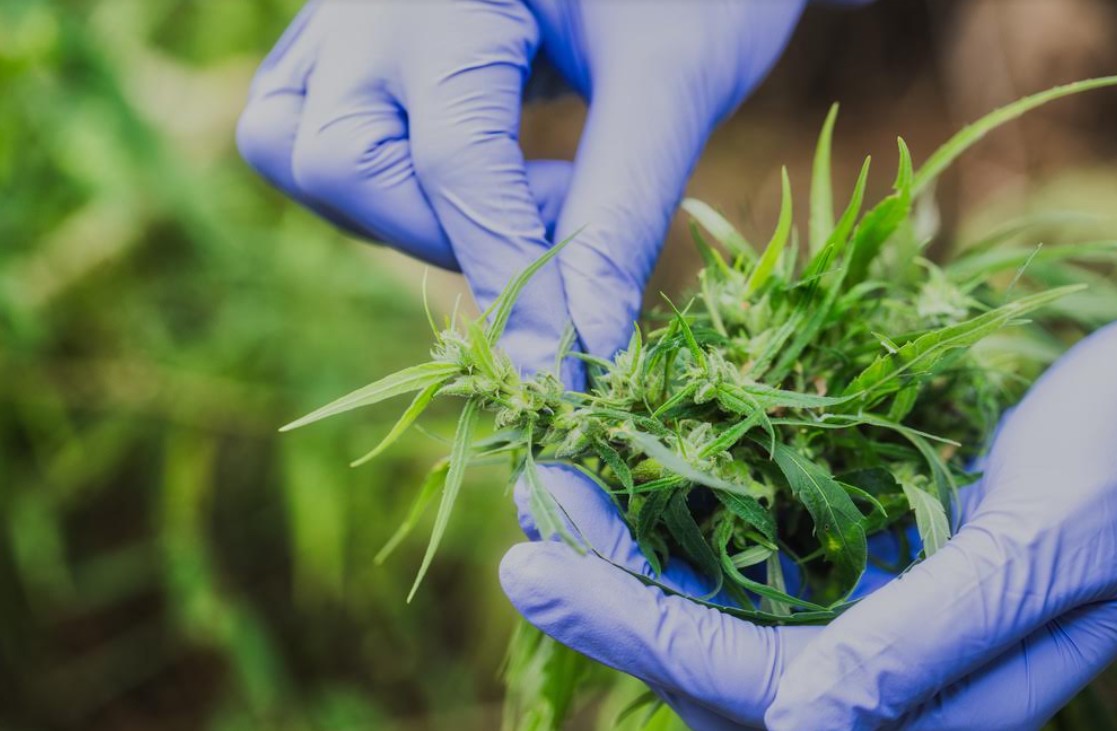 A big part of my job is researching new stories in advance of writing blog and guest posts. I was doing just that (in preparation for this post, by the way) when I ran across an article with the following headline: ‘Marijuana Legalization Boosts Job Opportunities In The Agricultural Sector, Study Finds’. What a disappointment.
A big part of my job is researching new stories in advance of writing blog and guest posts. I was doing just that (in preparation for this post, by the way) when I ran across an article with the following headline: ‘Marijuana Legalization Boosts Job Opportunities In The Agricultural Sector, Study Finds’. What a disappointment.
Both the story’s headline and the content of the article just reinforced my belief that too many people form their opinions about legal marijuana – and other topics, for that matter – just by reading headlines and moving on. Do not be that kind of person.
A Bit of a Stretch
The headline of the article in question gives the impression that legalizing recreational marijuana significantly increases jobs in the agricultural sector. But if you read the entire post and the study it references, you discover that this is not the case. Sure, new growing operations create new jobs. But the actual number of new jobs created is negligible.
Apparently, researchers at Bentley University and San Diego State University undertook their research in hopes of understanding the economic impacts of state-legal marijuana in relation to employment and economics. Their research was partly inspired by the claims of marijuana opponents that legalizing recreational pot has a negative effect on state economics and employment.
Simply put, recreational marijuana opponents say that legalizing the drug will harm the economy and employment opportunities. Proponents say just the opposite. Neither group has any evidence in support of their respective positions. More importantly though, state economies and employment conditions are influenced by a whole range of factors. Legal marijuana’s effect on either one is so limited as to be nearly impossible to quantify.
Headlines Have a Purpose
Getting back to the main point of this post, which is to say that people should not form their opinions of state-legal marijuana based solely on headlines, it is important to always remember the purpose of a headline: to get your attention enough that you will read the post.
Headlines are designed to pique your interest. They are designed to pull you in. They are designed to get you to stop and read an article that you would otherwise ignore. That’s why writers work so hard on creating compelling headlines. They have been doing so since the first printed periodicals started coming off the presses.
The very nature of the headline suggests that it cannot always be trusted as 100% accurate. In fact, headlines rarely are. They are almost always sensationalized. Whether intentional or not, they also intend to imply things that are not true. It is just the nature of the beast.
Headlines and SEO Performance
In the online era, headlines also have search engine optimization (SEO) implications. As an example, consider the blog posts found on the Deseret Wellness website. Deseret Wellness is a medical cannabis pharmacy in Provo, UT.
Their blog post headlines are intended to get your attention. But they are also carefully worded to get Google’s attention as well. Google and its search engine counterparts analyze headlines and compare them with body text to determine relevance. A good headline combined with relevant content can improve a Deseret Wellness post’s ranking in a standard search.
No matter how you cut it, headlines are not intended to tell you the whole story. They couldn’t do so even if that was their intention. A headline is simply an introduction to a larger body of content. Therefore, don’t be one of those people whose opinions about legal marijuana are based solely on headlines. Dig a little deeper. You owe it to yourself.
